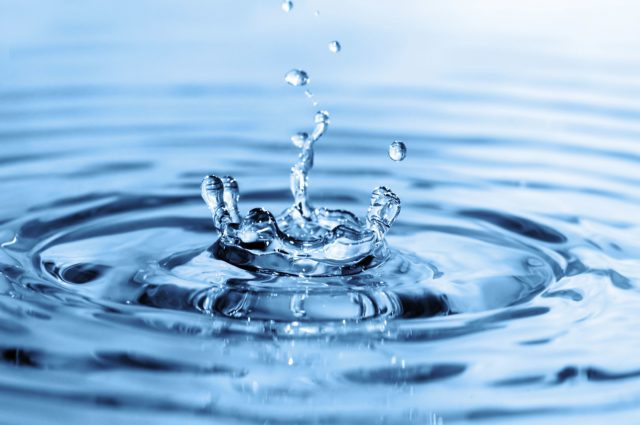Water–indispensable. It makes up 71% of the earth’s surface and 55-75% of the human body, depending on age. In addition to the necessity of clean water for consumption and cleaning, water’s role in keeping the whole human body healthy extends even farther. We can also use it for play and exercise, each of which has its own benefits, specifically for mental health.
Water In Us
“Water, water everywhere, and not a drop to drink.” says the centuries-old poem by Samuel Taylor Coleridge. As the majority of the earth’s surface is covered in water, and less than one percent of that water is drinkable, it’s safe to say Mr. Coleridge’s lyric is correct. While safe drinking water is a basic necessity, the harsh truth is that 780 million people in the world do not have access to a safe drinking water according to the CDC’s Global Wash, Sanitation and Hygiene (WASH) reports (2016).
Just think–the brain, which regulates cognition and mood, cannot properly function if it does not get enough water! If dehydration sets in, one might become dizzy, feel sleepy and irritable, and experience headaches among other symptoms (Khatri, 2019). Even mild dehydration has been shown to impair cognitive processes such as memory and attention and have adverse effects on mood, specifically in children, the elderly, and women (Khatri, 2019).
Water Around Us
Spring has sprung, in some places, and it is getting warm enough to entertain a dip. Although public pools are out of the question right now, there’s nothing stopping you from setting up the kiddie pool and having a ball or swimming in a regular-sized pool–that works too. Along with the mental health benefits of better sleep and mood-boosting endorphins, a recent study in the American Journal of Psychiatry demonstrated that regular exercise can help prevent against symptoms of depression (Harvey, et al., 2018). Likewise swimming, as a low-impact, non weight-bearing exercise, is fully accessible to people with physical injuries.
Cold showers, anyone? Perhaps this sounds a bit uncomfortable to some, but the discomfort might be worth it in terms of reaping a reward. Like exercising, taking cold showers releases bodily endorphins, which have a positive effect on mood. Likewise, findings from one 2017 study illustrated that cold showers can reduce symptoms of depression in certain people. This occurs when cold temperature-receptors in the skin send a high volume of electrical impulses to the brain, resulting in a mild electric shock therapy effect (Shevchuk, 2008).
The moral of the story: Put water into you. Get into water. Your brain and body will thank you immensely.
Click here to create a TPN.Health profile and begin connecting to this trusted clinical community where you build a trackable referral network and receive resources for continuing education. Tune into TPN.Health digital CEU opportunities and live webinars featuring some of our members!
References:
Global WASH Fast Facts. (2016, April 11). Retrieved from https://www.cdc.gov/healthywater/global/wash_statistics.html
Harvey, S. B., Øverland, S., Hatch, S. L., Wessely, S., Mykletun, A., & Hotopf, M. (2018). Exercise and the Prevention of Depression: Results of the HUNT Cohort Study. American Journal of Psychiatry, 175(1), 28–36. doi: 10.1176/appi.ajp.2017.16111223
Khatri, M. (2019, May 30). Dehydration – Signs, Symptoms, Causes, and Prevention. Retrieved from https://www.webmd.com/a-to-z-guides/dehydration-adults#1
Shevchuk, N. A. (2008). Adapted cold shower as a potential treatment for depression. Medical Hypotheses, 70(5), 995–1001. doi: 10.1016/j.mehy.2007.04.052
Image Credit: https://www.smart-energy.com/regional-news/africa-middle-east/water-efficiency-programmes-auw/
